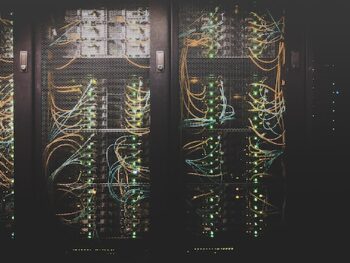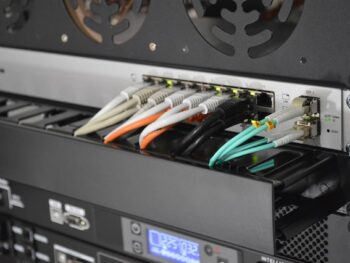The most important factor in deciding whether you would be happier with a laptop or a tablet is utilization. What are you going to use it for?

Today, a lot of us like to use our computers for work and play. We want to be able to submit forms for work, check e-mail and stream music and video. We might check out social network sites, or do research. Do you want one device to do it all? Are you looking for something to help you work on the go? Or, do you want something lightweight for reading and play?
Some features of tablets vs. laptops:
Tablet vs. Laptop
Benefits: A touchscreen allows for more hands-on interaction, better than a mouse for drawing or illustrating. Lightweight compared to laptops. Tablets come in various sizes and can be more easily slipped into an attaché case or bag. Lower power consumption, so longer battery life. Some tablets have access to cellular data plans for connecting to the Internet on the go.
Tablet vs Touch Screen Laptop
Cons: If the screen gets broken, your device could be useless. Do you do a lot of typing? You might want a physical keyboard. Videos play well, but it’s hard for more than one person to watch at a time. Tablets can do some of the same functions as a laptop, but there are limitations.
Benefits of a tablet vs laptop
Benefits: Has hardware, such as a full keyboard and room for more storage. Some have a DVD drive. Many users find a physical keyboard faster and more accurate for typing. Laptops (not netbooks) have at least a 13” screen. Laptops are more durable than tablets. Laptops are more inexpensive, when you compare cost to computing power, than tablets.
Cons: Laptops are heavier and bigger than tablets if you are often on the go.
So you’ll want to consider these factors when comparing tablet versus notebook: What are you going to use the device for? What size screen to you want? Do you need a keyboard? Will you be carrying it around?
2 in 1 Laptop vs Tablet
If you’re still uncertain which is best for you, there are other possibilities out there. There are touchscreen laptops, such as the Acer Aspire S7 or Sony Vaio T13 Touch. There are hybrids (meaning a tablet with a keyboard base with extra ports, USB connections, as well as extra battery). Examples of hybrids are HP Envy X2, Lenovo ThinkPad Tablet 2, Lenovo IdeaTab Lynx, or Asus Vivo Tab. Then, there are laptops with swivel screens that you can “convert” into a tablet, such as the Lenovo IdeaPad Yoga, Asus Taichi or Dell XPS Duo 12.
Confused yet?
If you were going to choose only one computer to do it all, laptop would be more versatile than a tablet. But, if you already have a desktop or laptop and want something lightweight, easy to carry, for media consumption and quick access to e-mail and web surfing, a tablet is an enjoyable and pretty functional alternative to carting around a laptop.
Hopefully this tablet or laptop article will help with your decision. In the meantime check out our service offering around network installation services for a smooth running internet experience on any tablet or laptop.





